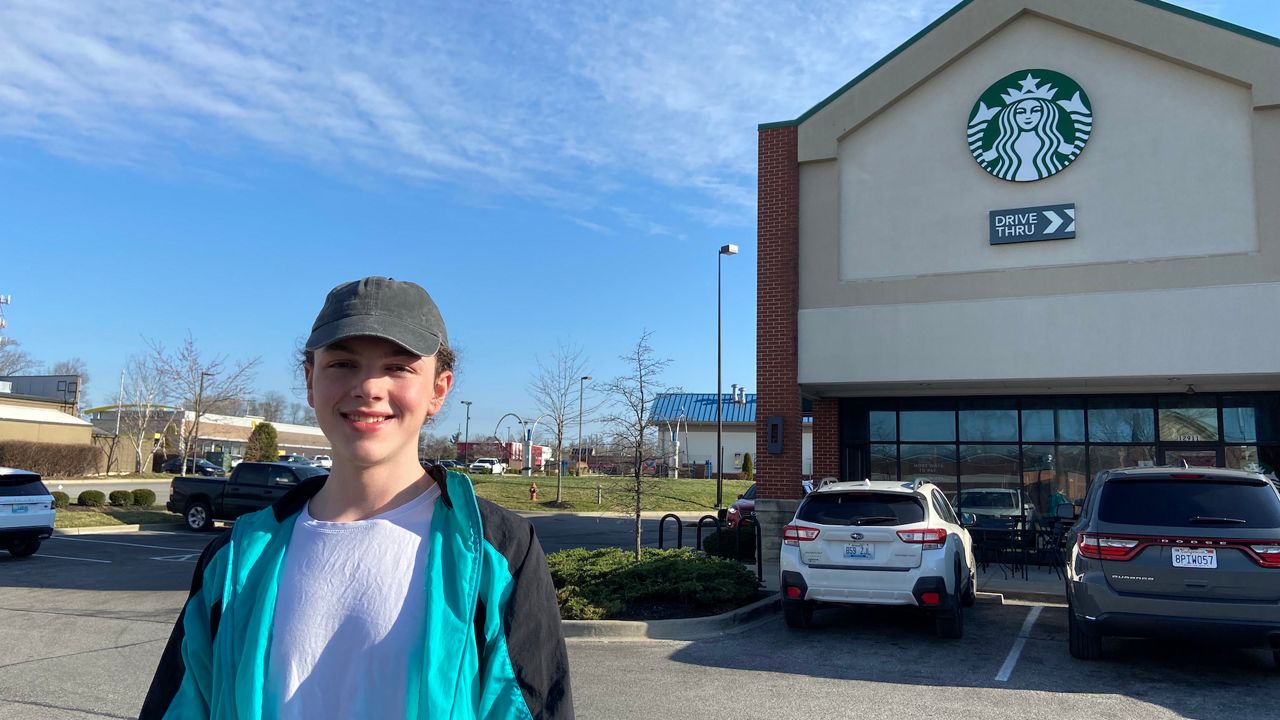LOUISVILLE, Ky. — Last December, when workers at a Buffalo, New York Starbucks voted to unionize, Nathan Potter watched closely from Louisville. Less than a month later, he started working at the ubiquitous coffee chain and quickly realized that, for him and his co-workers, “the only way to look out for ourselves was to organize our power.”
Now, the East Louisville coffee shop where Potter works as a shift supervisor has become the first Starbucks in Kentucky to move toward unionization, sending a petition this week to the National Labor Relations Board.
“We can no longer wait on the company to fix itself and have lost confidence in its ability to look after its employees,” Potter and more than two dozen of his co-workers wrote in a letter to Starbucks CEO Kevin Johnson this week.
The Factory Lane Starbucks follows more than 130 others around the country that have voted to unionize in the past several months.
Potter, one of the principal organizers at the store, said the primary issue workers have is low wages.
“It starts at $12 an hour and you can go anywhere and get more than that,” he said. “We see executives getting a 39% raise, making millions of dollars, the profit margin is massive, and then I look at my co-workers and I see people struggling to pay rent and pay for transportation.”
According to a recent SEC filing, Johnson made $20.4 million in 2021. The same filing listed the median employee’s salary at $12,935. That’s a 1,579 to 1 ratio.
Workers have problems that go beyond pay as well. Potter pointed to concerns over health care, 401K retirement accounts, and fear of workplace retaliation.
“We also want to have a say in decisions that affect our livelihood,” he said. “For a lot of people, it’s just an opportunity to have a voice.”
In a statement, a Starbucks spokesperson said, “We are listening and learning from the partners in the stores as we always do across the country. And from the beginning, we’ve been clear in our belief that we’re better together as partners without a union between us and that conviction has not changed.”
Starbucks is not Potter’s first job in food service. The recent Eastern High School graduate, previously worked at Chipotle and spent the pandemic serving customers. It’s a grueling job, he said, that is too frequently unappreciated.
“It’s often dismissed as a dumb, easy job, but it’s not so easy,” he said. “Working at any food service is very stressful — long lines, running out of food, angry customers. It’s not something I would say is for the faint of heart.”
At 18, Potter said he falls somewhere in the middle of the age range at his Starbucks. “We have a lot of high schoolers here, but there are a lot of people in college, too,” he said. “There are very few people over 21.”
The youthfulness of the workforce has played a key role in his store’s ability to move toward joining Worker's United, an affiliate of the Service Employees International Union (SEIU).
“The idea of unionization has been growing, especially for people of my generation,” he said. “We understand a lot of what’s going on in society and how we’re being mistreated by the powers that be.”
Potter said he expects the store to vote on unionization within the next several weeks and wouldn’t rule out union busting tactics from the company, which has fired workers at some locations seeking to unionize.
He hopes they can eventually join the union and serve as an example for other service industry workers in Louisville and around Kentucky.
“We’re really hoping that the labor movement at Starbucks can serve as an ignition for the entire food service industry,” he said.



